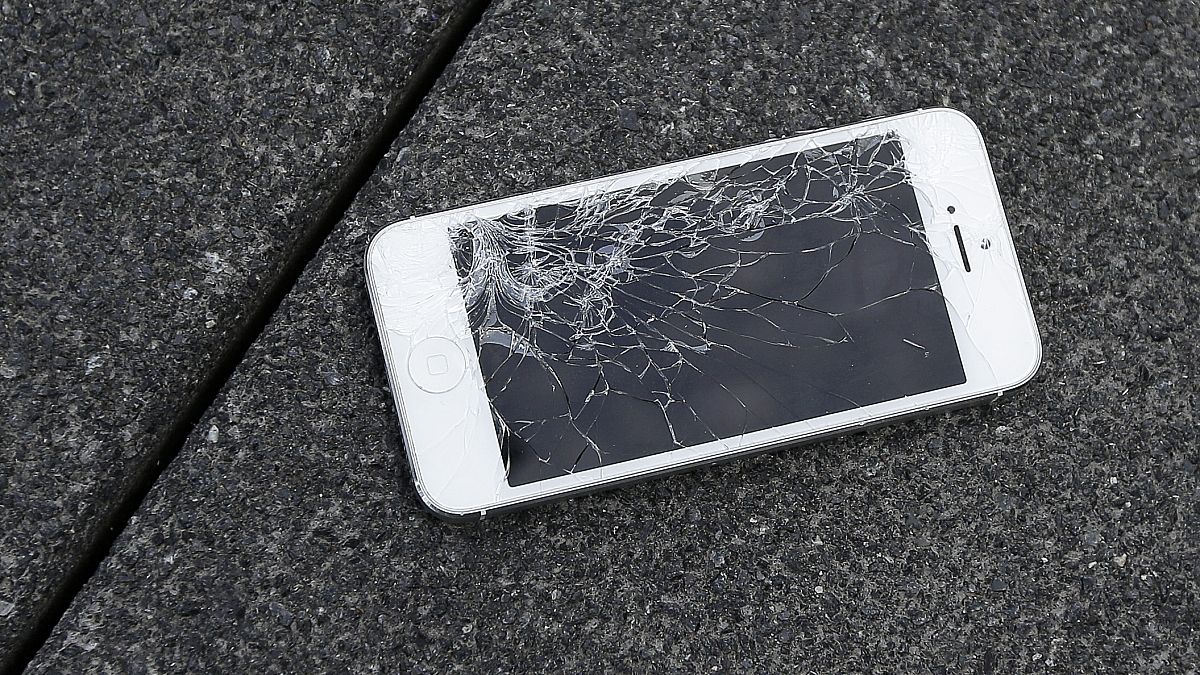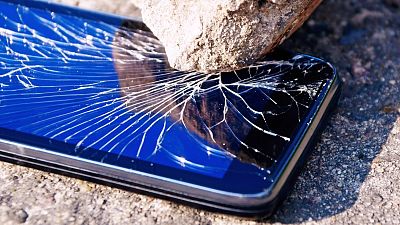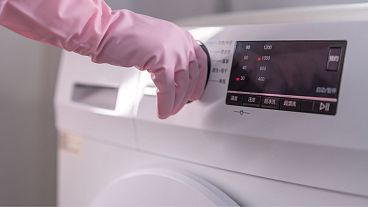Consumers moving to buy a new smartphone or washing machine would think twice if new EU rules are effective.
The EU is outlawing commercial practices that often leave consumers with no alternative but to buy a new smartphone or washing machine as soon as something goes wrong, but campaigners warn a new ‘right to repair’ regulation does not go far enough.
The ‘right to repair’ regulation agreed behind closed doors last night (1 February) by government delegates and MEPs requires manufacturers to offer the option to choose repair over replacement within the statutory guarantee period, and as an inducement, requires a one-year extension of the warranty for repaired goods.
This is in contrast to the European Commission’s original proposal, which would have made repair the default option unless prohibitively expensive, a provision strongly opposed by the EU Council, which represents national governments and is currently headed by Belgium.
While the parliamentary negotiating team succeeded in defending the one-year warranty extension, it failed in its bid to have bicycles added to the list of product categories covered by the regulation. Brevity of this list particularly disappointed green groups.
“It’s safe to say the impact on waste production will be very limited, because only a few product categories are covered – this is our biggest regret,” said Cristina Ganapini, coordinator of the non-profit Right to Repair Europe coalition. The goods covered by the new rules are those subject to repairability requirements under other EU legislation.
In practice, this means those covered by appendices to the Ecodesign Regulation: household washing machines, dryers and dishwashers, refrigerators, electronic displays, vacuum cleaners, mobile phones and tablets, data servers and welding equipment.
Ursula Pachl, deputy director of the European consumers group BEUC welcomed the decision not to force customers to accept repairs over replacement. “Repair should be strongly encouraged, not imposed on consumers,” she said. “Not all goods can be properly repaired if the damage is too severe, think of a smartphone or a washing machine.”
The legislation requires EU countries to promote repair through information campaigns, funding repair schemes, or reduced VAT for repair services. Moreover, manufacturers will have to make spare parts available at a reasonable price, and will be banned from using contractual clauses, hardware or software techniques to obstruct repairs.
But environmental campaigners are concerned that measures to prevent so-called planned or premature obsolescence only address one aspect of an unsustainable consumption model, one that the European Commission has undertaken to remedy through a range of circular economy policies.
“We are also seeing an aggressive marketing push towards cultural obsolescence,” Ganapini told Euronews, alluding to a sales strategy based on convincing consumers they must buy a new model not because the old one is defunct, but by persuading them they need a newer, flashier model.
“This is not being tackled by any legislation, whether ecodesign or the new ‘green claims’ rules,” Ganapini said. “We would love the new Commission to look at this – we believe it’s crucial.”



